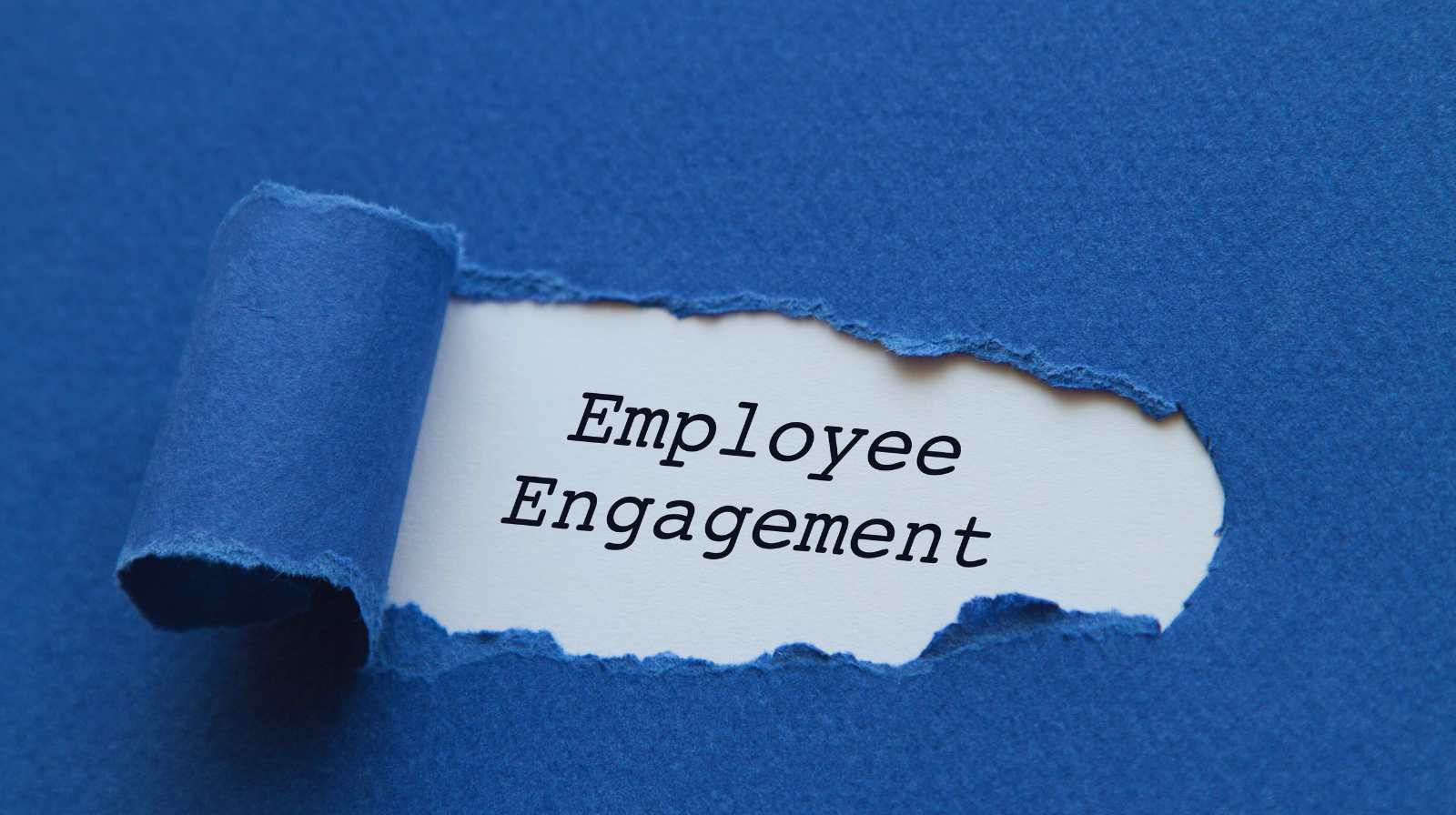Latest Research Articles and White Papers
What Drives the Most Engaged Employees?
Statistical analysis shows that the most engaged employees are motivated in some distinct ways compared to other employees.
Employee Disengagement Part 2 - Primary Causes and How to Fix
Detailed statistical breakdown of disengagement causes, plus how to diagnose and fix engagement problems between employees and their managers.
What Causes Employee Disengagement?
Statistical analysis reveals that the drivers of disengagement are not all the same as the drivers of engagement.
Engage. Develop. Succeed. The CustomInsight Blog

Why Employee Engagement in 2026 Is a Systems Problem—Not a Motivation Problem
2/17/2026
You’ve got the motivational posters and shout-outs. You’ve planned for spring barbecues, discounted club memberships, yoga mats, and workshops. But you haven’t seen a difference in your staff’s production or motivation. Why isn’t your employee engagement program working? It’s fundamental to understand that engagement isn’t a program. It’s an organizational strategy. When you shift the narrative from perks and morale to organizational design and feedback systems, your organization and staff will experience a meaningful shift and, inevitably, improve.

The Complete Guide to Employee Engagement in the Age of Continuous Feedback
2/3/2026
Table of Contents Introduction What Employee Engagement Really Means in 2026 Engagement vs Experience vs Enablement Drivers of Engagement Across Hybrid, Global, and AI-Enabled Teams

In-House VS Vendor Employee Engagement Surveys:
Which is better?
1/20/2026
It’s the New Year, and Instagram feeds, magazines, and all-things-social-media are filled with those fun quizzes: What is your home decor personality? What vacation suits you? Who is your ideal mate? Which Stranger Things character are you? None of us want to be Vecna. Well, some of us might want to have a little Vecna in us. Here’s the thing – these quizzes are usually written in-house by a team of writers who create a quiz to work with the theme of the month. Similarly, if your HR team develops an in-house engagement survey, we don’t doubt they’ll have the right categories and can touch on key issues in the organization. Nevertheless, there are significant problems with in-house surveys.

What Is an Employee Engagement Survey and Why Does It Matter?
Because when employees feel heard, organizations thrive.
1/6/2026
In a previous post, we discussed the psychology of new beginnings. The New Year is a natural marker to bring about new ideas, change, and renewed energy. There is a real buzz to the new year that can fizzle pretty quickly if your senior leaders don’t take advantage of it. So, why not begin 2026 by connecting with your employees in a meaningful way? Why not begin by asking your teams about how they’re doing?

How to Engage Your Employees in the New Year:
Keep Your Staff Energized and Motivated in 2026
12/16/2025
Over the years, we’ve heard plenty of grumbles about employee engagement, with some senior leaders and HR acting as if it were a Sisyphean task or a compliance issue. We’d argue they are missing the point. Aligning employee engagement with your company values isn’t only the smart thing to do for healthy staff relationships, but it’s also the smart business thing to do.
